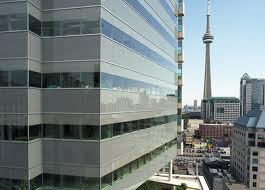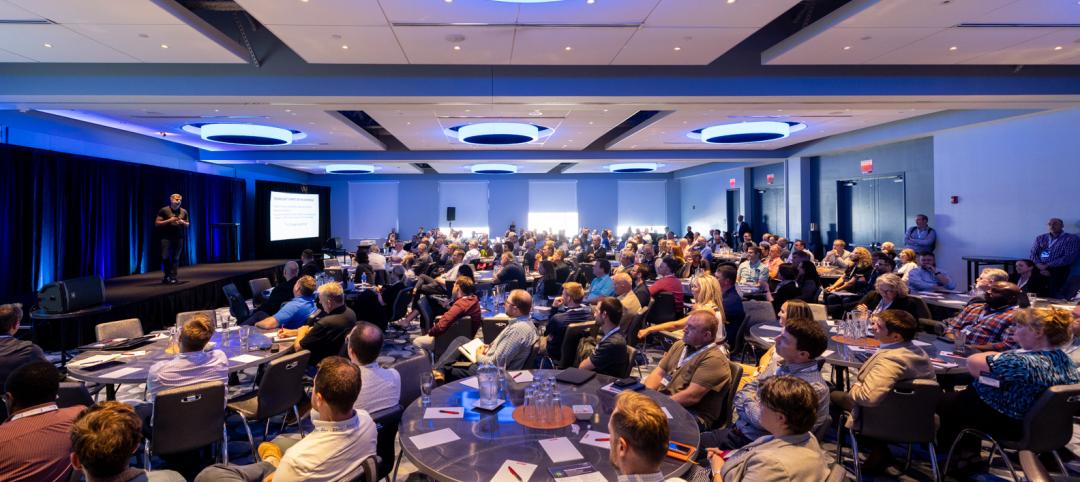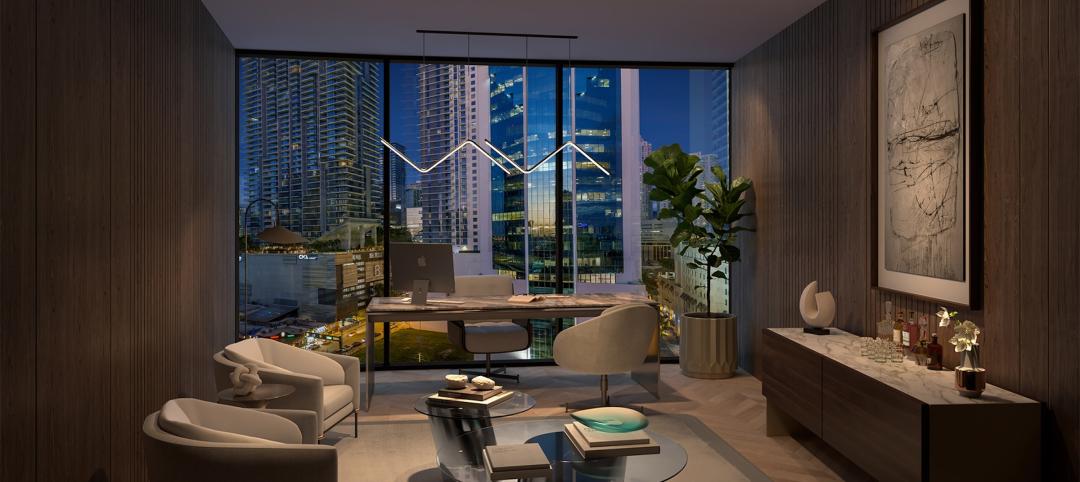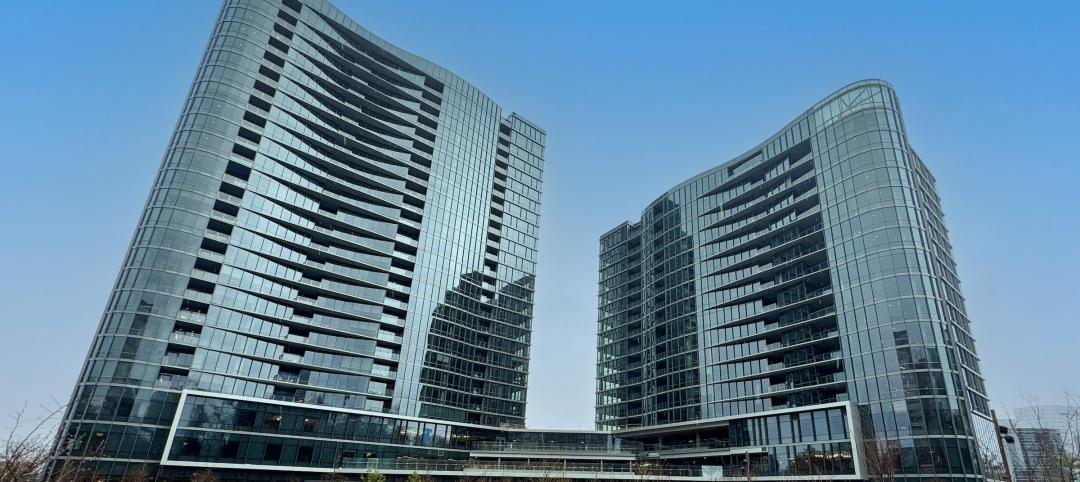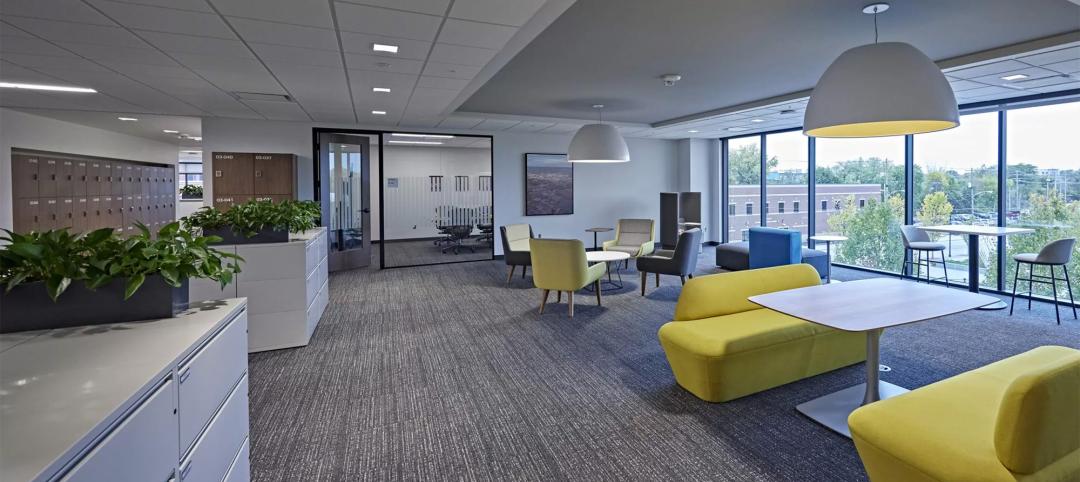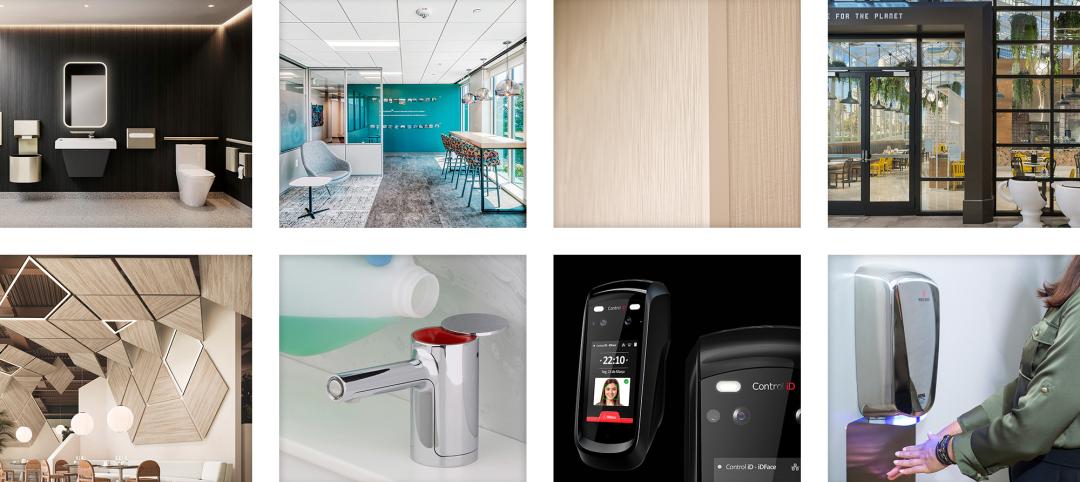Each year in the U.S., more than $35 billion in direct property loss is caused by natural disasters. Yet, while states and municipalities are seeking to adopt ordinances that require “green” or “sustainable” construction, they are overlooking disaster-resistance construction.
There is now a call for making enhanced resilience of a building’s structure to natural and man-made disasters the first consideration of a green building. Increased longevity and durability, combined with improved disaster resistance, results in the need for less energy and resources.
This is not only the case for repair, removal, disposal, and replacement of building materials and contents due to disasters, but for routine maintenance and operations as well.
“Integration of durability and functional resilience into sustainability codes, standards, and programs is long overdue,” David Shepherd, director of sustainability for the Portland Cement Association (PCA) said. “Some say the most sustainable structure is the one that isn’t built. We believe the most sustainable building is the one still standing.”
Functionally resilient buildings place less demand on resources and allow communities to provide vital services, even after a natural disaster. For example, resilient construction allows businesses to continue operations, providing municipalities with a consistent tax base. Further community economic, societal, and environmental benefits occur when cities are not required to reallocated resources for emergency recovery.
A resilient building is not limited to one that is operational after a natural disaster but also one that can withstand the hardship of the passing years. The Brookings Institution projects that by 2030, the U.S. will have demolished and replaced 82 billion sf of its current building stock, or nearly one-third of existing buildings, largely because the vast majority of them weren't designed and built to last any longer. Robust, functionally resilient buildings are frequently reused and even repurposed when downtowns are renovated.
To allow local governments to adopt green building codes that address high performance as well as conventional sustainable features, the PCA and the Institute for Business and Home Safety (IBHS) have developed High Performance Building Requirements for Sustainability 2.0. The criteria are written in mandatory language that amends and appends the International Code Council International Building Code. The provisions are generic and do not specify one specific material over another.
PCA and IBHS have aligned the provisions with the concepts of both the Whole Building Design Guide and High Performance Building Council. Enacting and enforcing these provisions provides the basis for designers and owners to obtain certification as a US Green Building Council Leadership in Energy and Environmental Design for New Construction. BD+C
Related Stories
AEC Tech Innovation | Jul 4, 2024
Caution competes with inevitability at conference exploring artificial intelligence for design and construction
Hosted by PSMJ, AEC Innovate in Boston found an AEC industry anxiously at the threshold of change.
Building Team | Jul 3, 2024
So you want to get published: What’s next?
In the AEC industry, securing media attention is no longer a niche endeavor but an essential component of a holistic marketing strategy.
Laboratories | Jul 3, 2024
New science, old buildings: Renovating for efficiency, flexibility, and connection
What does the research space of the future look like? And can it be housed in older buildings—or does it require new construction?
MFPRO+ New Projects | Jul 2, 2024
Miami residential condo tower provides a deeded office unit for every buyer
A new Miami residential condo office tower sweetens the deal for buyers by providing an individual, deeded and furnished office with each condo unit purchased. One Twenty Brickell Residences, a 34-story, 240-unit tower, also offers more than 60,000 sf of exclusive residential amenities.
Student Housing | Jul 1, 2024
Two-tower luxury senior living community features wellness and biophilic elements
A new, two-building, 27-story senior living community in Tysons, Va., emphasizes wellness and biophilic design elements. The Mather, a luxury community for adults aged 62 and older, is situated on a small site surrounded by high-rises.
Office Buildings | Jul 1, 2024
Mastering office layouts: 5 primary models for maximum efficiency and productivity
When laying out an office, there are many factors to consider. It’s important to maximize the space, but it’s equally important to make sure the design allows employees to work efficiently.
Smart Buildings | Jul 1, 2024
GSA to invest $80 million on smart building technologies at federal properties
The U.S. General Services Administration (GSA) will invest $80 million from the Inflation Reduction Act (IRA) into smart building technologies within 560 federal buildings. GSA intends to enhance operations through granular controls, expand available reporting with more advanced metering sources, and optimize the operator experience.
Sustainability | Jul 1, 2024
Amazon, JPMorgan Chase among companies collaborating with ILFI to advance carbon verification
Four companies (Amazon, JPMorgan Chase, JLL, and Prologis) are working with the International Living Future Institute to support development of new versions of Zero Carbon Certification.
K-12 Schools | Jul 1, 2024
New guidelines for securing schools and community spaces released by the Door Security and Safety Foundation
The Door Security and Safety Foundation (DSSF), in collaboration with Door and Hardware Institute (DHI), recently released of “Are Your Door Openings Secure?.” The document provides guidelines to equip school administrators, building management personnel, and community leaders with a clear roadmap to create a secure and safe environment.
Products and Materials | Jun 30, 2024
Top products from AIA 2024
This month, Building Design+Construction editors are bringing you the top products displayed at the 2024 AIA Conference on Architecture & Design. Nearly 550 building product manufacturers showcased their products—here are 17 that caught our eye.


